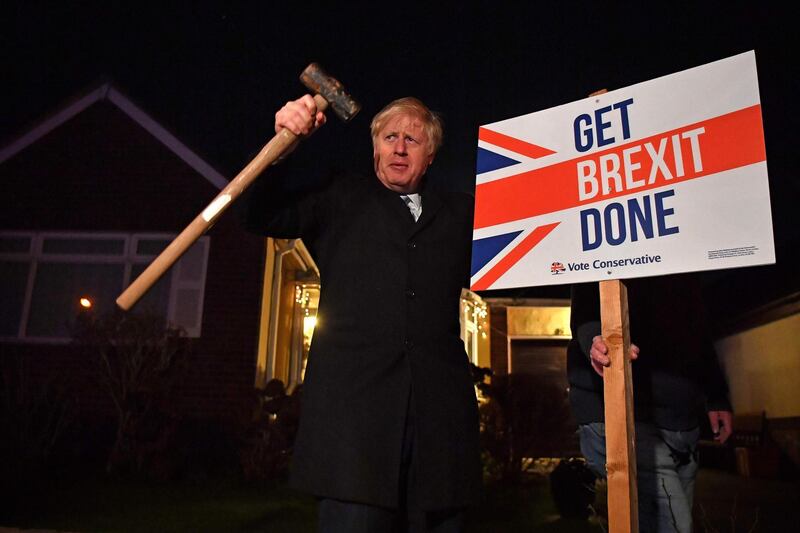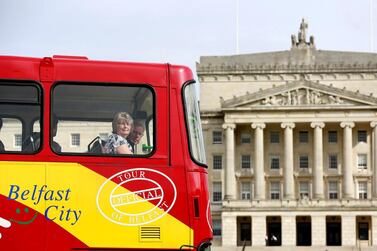Pound sterling has plummeted to its lowest levels since July as fears of a no-deal Brexit re-emerged and erased most of the currency's gains since an exit poll predicated a strong Conservative Party majority in last Thursday's national election.
Prime Minister Boris Johnson has, as expected, quickly moved on with plans to get the UK out of the European Union as soon as possible.
He wants to put forward legislation that would ensure that a post-Brexit transition, that is due to run out in December 2020, could not be extended. This has led to fears the UK could crash out the EU without a trade deal when the transition period expires.
Parliament is to gather on Tuesday for the first time since the election.
“In practice it would erode all the positives of a large Tory majority and bring us back to previous position of pound uncertainty rising rather than falling next year,” said Elsa Lignos, global head of currency strategy at Royal Bank of Canada, in a research note. "If passed, it would mean further pound downside that should be apparent by January," she added.
Paul Hardy, Brexit director at global law firm DLA Piper, said that "cementing the end of the transition in legislation is a game-changer."
"It shows this is not a negotiating tactic. Businesses must now expect a limited trade deal in goods with the EU on 1 January 2021, but not in services; or the possibility of no deal at all. They should keep their no-deal Brexit planning warm: it may well come in useful in a year," he added in a note.
Britain is set to leave the EU on January 31. Mr Johnson’s parliamentary majority of 80 means his proposals are likely to pass.
At 10.00 am London time the pound was down 1.25 per cent at $1.3165 when compared with the point at which the US currency closed late on Monday in New York. The euro surged almost 1.3 percent to 84.65 pence.
"The pound is right back where it was before the December 12 vote and the subsequent 'Boris bounce'," Valentin Marinov, managing director at Credit Agricole, told Bloomberg.
“It is fitting that the main culprit for the reversal is PM Johnson himself with his potentially ill-advised decision to block any chance of extending the transition period beyond December 2020,” he added.
EU leaders have warned it will be highly difficult to agree a comprehensive trade deal by the end of 2020.
Keir Starmer, Brexit spokesperson for the main opposition party Labour, said Mr Johnson’s proposals were “reckless” and “irresponsible”
Ireland's Foreign Minister Simon Coveney told Irish broadcaster RTE: "I think the EU will find it strange that the UK is essentially closing off options that it itself could use later on in the process should they choose to."







